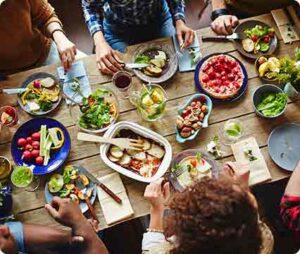The CNP Diet and Psychosocial Research Category consolidates research exploring the interconnected relationship between dietary intake and psychosocial elements. To view each original study on the open internet, click “Original.” To view the CNP-written abstract summary, click “CNP Summary.” While only some of the CNP-written abstract summaries are available below for free, all abstract summaries are available … Continue reading Diet and Psychosocial
